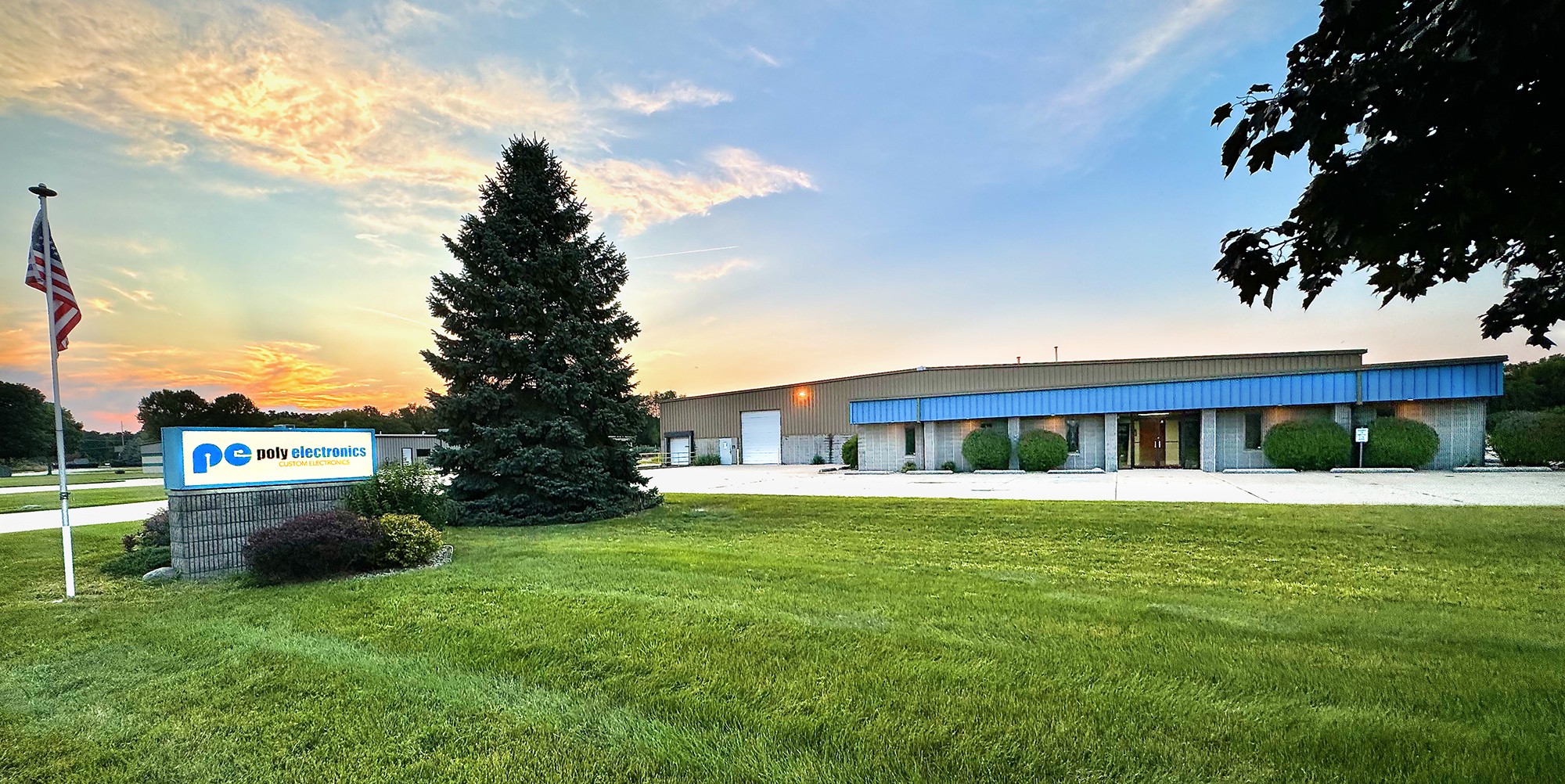When you look at a printed circuit board (PCB), it’s easy to focus on the visible components — microchips, connectors, and resistors. But one of the most important layers of protection isn’t always visible at all: the conformal coating.
This thin, protective film plays a crucial role in ensuring that electronic assemblies survive and perform reliably in the environments they’re built for. Whether your electronics operate in a clean office, a manufacturing plant, or out in the field, conformal coating can make the difference between long-term reliability and premature failure.
What Is Conformal Coating?
Conformal coating is a protective chemical layer applied to a completed PCB assembly to shield it from environmental stress. The coating “conforms” to the contours of the board and its components, creating a barrier that guards against moisture, dust, corrosion, and chemical contamination.
Common types of conformal coatings include:
- Acrylic (AR): Easy to apply and remove, offering good humidity and moisture protection.
- Silicone (SR): Excellent for high-temperature and outdoor environments.
- Urethane (UR): Provides strong resistance to chemicals and abrasion.
- Epoxy (ER): Offers a tough, permanent barrier but is difficult to rework.
- Parylene (XY): Applied through vapor deposition, delivering uniform, pinhole-free coverage and exceptional protection.
Each coating type has unique properties, and the selection depends on where and how the electronics will be used.
Why Conformal Coating Matters
- Protection Against Moisture and Contaminants
Moisture is one of the biggest enemies of electronics. Even trace amounts can cause corrosion or short circuits. Conformal coating seals the PCB’s surface, preventing water vapor, condensation, and airborne contaminants from damaging components.
- Enhanced Durability in Harsh Environments
In industries like automotive, aerospace, industrial control, and outdoor electronics, assemblies face vibration, temperature extremes, and chemical exposure. Conformal coatings help extend the life of the board by creating a durable, flexible shield against these elements.

- Improved Electrical Performance
By insulating conductive traces, conformal coatings help maintain electrical integrity and prevent arcing or leakage currents — especially in high-voltage or high-humidity applications.
- Reduced Maintenance and Field Failures
Because coated boards are more resilient, they require less servicing and result in fewer warranty claims. That translates to lower lifecycle costs and higher customer satisfaction.
How It’s Applied
At Poly Electronics, conformal coating can be applied through spraying, brushing, or selective coating processes — depending on the product design and application requirements. Our focus is always on achieving uniform coverage, precise masking, and consistent film thickness to ensure protection without affecting functionality or reworkability.
We also use UV inspection to verify coating coverage and quality before the boards move to final assembly or packaging.
When Should You Consider Conformal Coating?
Conformal coating is recommended for assemblies that will:
- Operate in high-humidity or outdoor environments
- Be exposed to dust, salt, or chemicals
- Experience temperature swings or vibration
- Require long-term reliability in mission-critical applications
Even for consumer or industrial products in controlled environments, coating can provide added assurance of performance and longevity.
Final Thoughts
Conformal coating is more than just a protective step — it’s a strategic investment in product reliability. As electronics become more compact and more widely used in challenging environments, this layer of protection becomes increasingly essential.
At Poly Electronics, we integrate conformal coating into our PCB assembly process to ensure your products perform as intended, wherever they’re deployed.
Interested in learning more about conformal coating or other PCB assembly services?
Visit www.polyelectronics.us or contact our team to discuss how we can support your next project.


